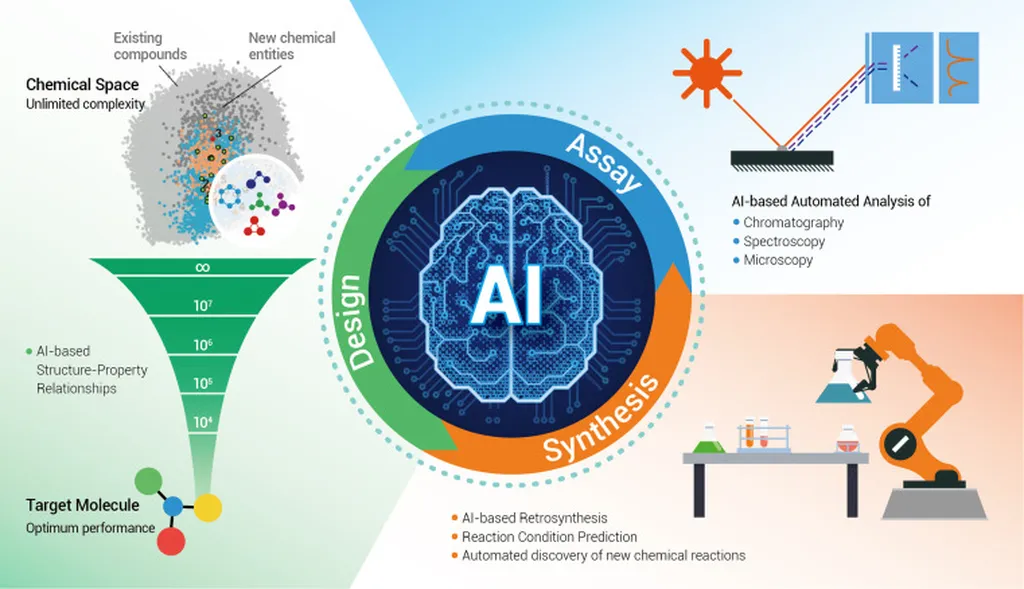In the ever-evolving landscape of machine learning, researchers are continually pushing the boundaries of what’s possible, especially in the realm of Limited-Sample regression. A recent study published in the journal *Information* (translated from Chinese as “Information”) introduces a novel approach that could significantly enhance predictive accuracy and stability in scenarios where data is scarce. The lead author, Yu Lin from the Key Laboratory of Smart Agriculture and Forestry at Fujian Agriculture and Forestry University, has developed a method that leverages multiple gradients from reference models to guide the learning process, potentially revolutionizing industries that rely on precise predictions with limited data.
The research focuses on the Multi-Gradient Guided Network (MGGN), an extension of single-gradient guidance that combines gradients from several reference models. This innovative approach addresses a critical limitation in current methods: the reliance on a single-reference model, which may not capture all relevant characteristics of the target function. “By integrating multiple gradients, we can tap into complementary information that a single model might miss,” explains Lin. “This not only improves the predictive accuracy but also enhances the stability of the learner.”
The MGGN method employs an adaptive weighting scheme to merge the gradients and applies an orthogonal-projection step to mitigate potential conflicts between them. The results, demonstrated through experiments on sine regression, show that MGGN outperforms existing single-gradient guidance and meta-learning baselines. This advancement could have profound implications for industries that operate with limited data, such as the energy sector.
In the energy sector, where data collection can be costly and time-consuming, the ability to make accurate predictions with limited samples is invaluable. For instance, predicting energy demand or optimizing energy distribution often requires models that can generalize well from sparse data. The MGGN method could enable more efficient and accurate energy management systems, leading to cost savings and improved operational efficiency.
Moreover, the research opens up new avenues for exploration in the field of machine learning. As Lin notes, “The adaptive weighting scheme and conflict resolution mechanisms in MGGN can be further refined and applied to other domains, potentially unlocking new possibilities in areas like climate modeling and renewable energy forecasting.”
The study’s findings not only highlight the potential of multi-gradient fusion in enhancing Limited-Sample regression but also underscore the importance of continuous innovation in machine learning techniques. As industries increasingly rely on data-driven decision-making, advancements like MGGN could pave the way for more robust and reliable predictive models, ultimately driving progress and efficiency across various sectors.
In the broader context, this research could inspire further investigations into multi-gradient fusion and its applications. The energy sector, in particular, stands to benefit from these advancements, as accurate predictions and efficient data utilization are critical for optimizing energy systems and reducing costs. As the field of machine learning continues to evolve, the insights gained from this study could shape future developments, leading to more sophisticated and effective predictive models.

